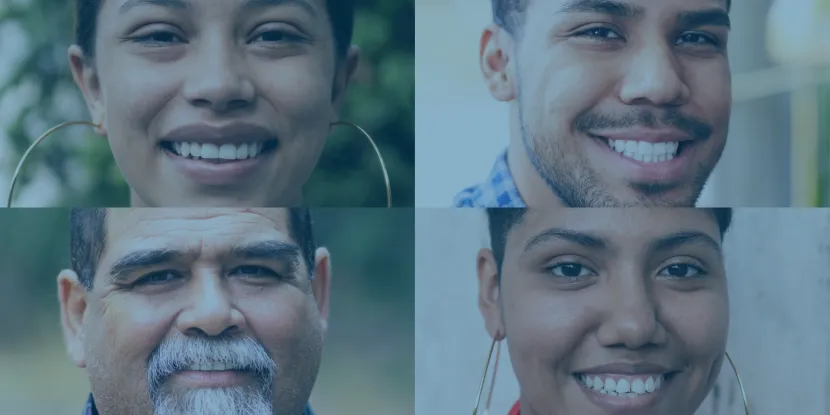Data disaggregation helps us understand more about our diverse communities, uncovering populations often hidden in data and revealing racial and ethnic inequities so that policies can be developed to address them.
If you know the UCLA Center for Health Policy Research and our California Health Interview Survey, you know how important this practice is to us, but more importantly, to the goal of achieving health equity.
So, how do you go about disaggregating data?
Through funding from the Robert Wood Johnson Foundation, the UCLA CHPR supported a research project at the Colorado Health Institute (CHI) to use an innovative approach to disaggregate data among the Hispanic and Latino communities to better understand access to and utilization of behavioral health care in Colorado within these communities.
If you’re interested in learning about the process and methodology, and how these techniques can be adapted for your work, join the UCLA Data Equity Center as we host CHI Data and Analysis Manager Lindsey Whittington, MPH, who will share more about the CHI project and the statistical approach to disaggregating data across multiple data systems.
The UCLA CHPR’s Data Equity Center, which focuses on equity in all aspects of the design, collection, production, and dissemination of population health data, is available to provide technical assistance, expertise, and resources to help you achieve your data equity goals.






